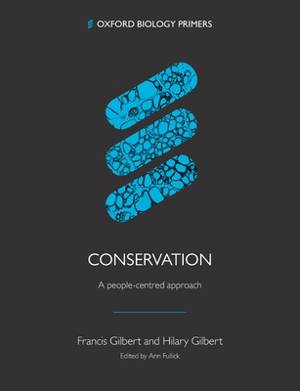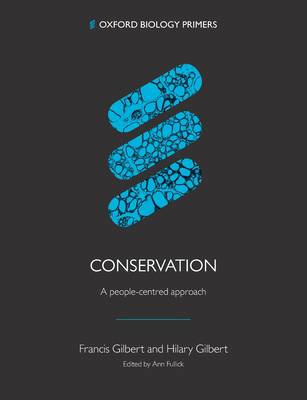
- Afhalen na 1 uur in een winkel met voorraad
- Gratis thuislevering in België vanaf € 30
- Ruim aanbod met 7 miljoen producten
- Afhalen na 1 uur in een winkel met voorraad
- Gratis thuislevering in België vanaf € 30
- Ruim aanbod met 7 miljoen producten
Zoeken
Omschrijving
This primer provides an introduction to the ideas of modern conservation biology, and the issues that constrain us from achieving sustainability. Opening with a consideration of ecology and conservation as a science, and the notion of different processes happening at different scales, the primer goes on to discuss the importance of populations and life histories. It also emphasises interactions between different species, a key area of understanding for getting to grips with ecology. With a step up in scale, it then introduces the idea of ecosystem services, and the dependence of human life and well-being on these services. The long history of the impact of humans on the landscape leads to a discussion of myths such as the 'balance of nature' and 'pristine environments'. These concepts are crucial to understanding modern ideas of the right way to conserve our world. Using the South Sinai in Egypt as a case study throughout, the primer explores explore the issues of how indigenous people can maintain their traditions in the modern world, and the relationship between their traditions and biodiversity. These form the key to understanding how humans can live sustainably with the natural world.
Specificaties
Betrokkenen
- Auteur(s):
- Uitgeverij:
Inhoud
- Aantal bladzijden:
- 176
- Taal:
- Engels
- Reeks:
Eigenschappen
- Productcode (EAN):
- 9780198821663
- Verschijningsdatum:
- 25/11/2019
- Uitvoering:
- Paperback
- Formaat:
- Trade paperback (VS)
- Afmetingen:
- 189 mm x 246 mm
- Gewicht:
- 326 g

Alleen bij Standaard Boekhandel
+ 72 punten op je klantenkaart van Standaard Boekhandel
Beoordelingen
We publiceren alleen reviews die voldoen aan de voorwaarden voor reviews. Bekijk onze voorwaarden voor reviews.











